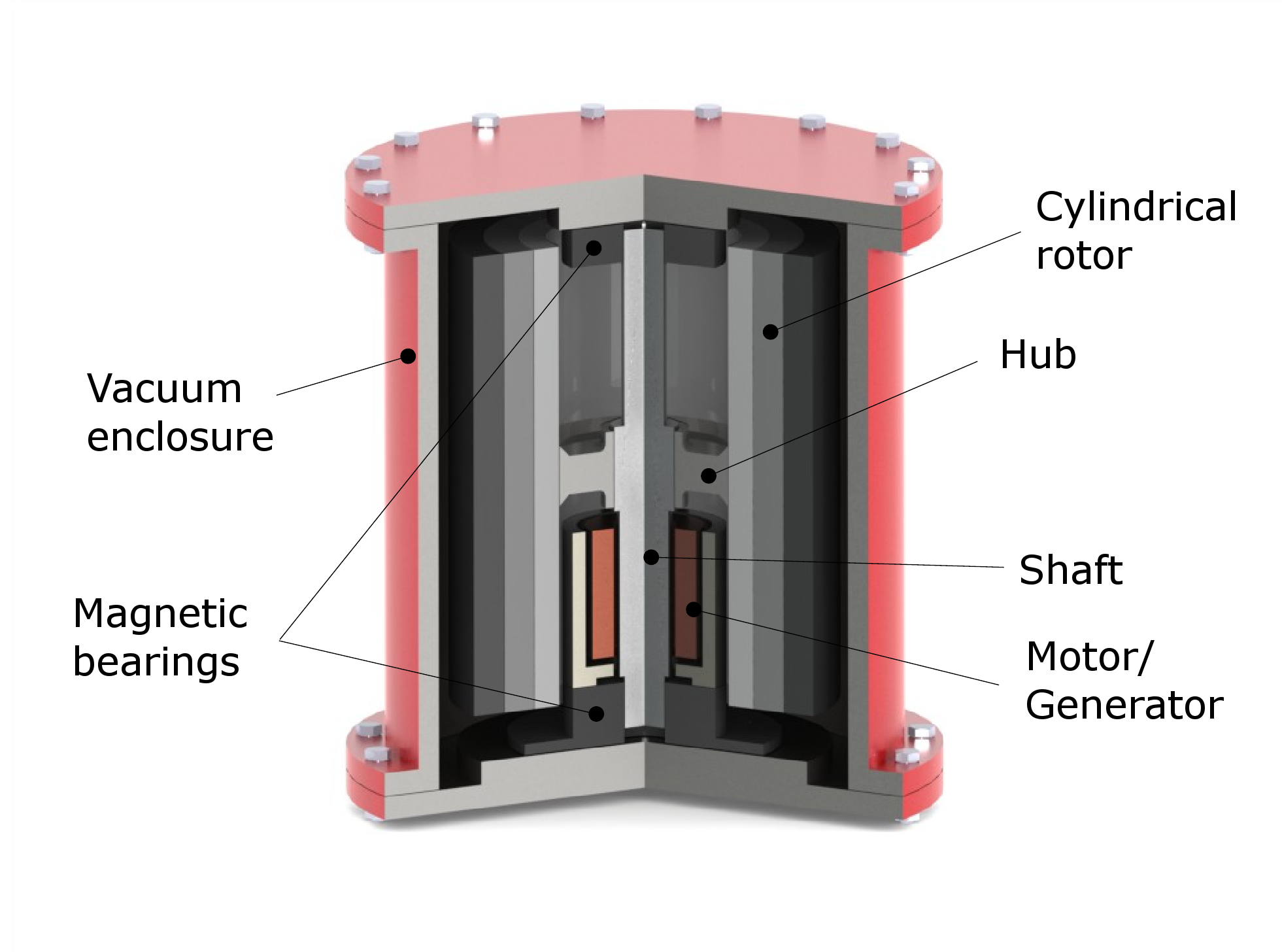With current technology, what would be the best way to store energy for future generations?
Let's say that the world has successfully converted and only depends on renewable resources for our home energy needs. In fact, we have a massive surplus - currently in the form of raw electricity being generated from some science-fiction device.
There is a plan being discussed to save this surplus of energy in some form so that it is there if we ever needed it in the future - and so every place on Earth can have a surplus of electricity they can tap into if they desire.
Using our current technology, what would be the best way to store this energy according to the considerations below?
Considerations:
Note that they are in order of (most important -> nice to have)
- We are planning very long-term storage. We don't know when, or even if we'll need this storage.
- The energy should hopefully require as little effort/tools to make use of it as possible. For the case where there is a sudden disaster, we don't know what kind of tools or processes will still be available.
- Size of the storage. In general, we want to use as little space as possible for this huge amount of energy so transportation and storage is easier.
- Divisible. It would be ideal to be able to split the energy up if it needed to be.
- Cost - The lower, the better, in creation and in maintenance. (Note that this is least important, but still a factor)
To take these considerations into account, it would be best if each answer could have sources for:
- Decay Rate (energy loss) of the storage method over time
- Basic information on how the raw electricity is manipulated/stored
- Basic information on what's required to get the energy out of storage
- Efficiency of the energy returned vs. the energy put into creating the storage
- Energy Density in terms of volume
This post was sourced from https://worldbuilding.stackexchange.com/q/23118. It is licensed under CC BY-SA 3.0.
1 answer
Flywheels
The method[3]:
- Generate electricity normally.
- Use the electricity to accelerate a flywheel to very high speeds.
- Capture the kinetic energy of the flywheel when needed.
The benefits
- Essentially no maintenance is required.[1]
- The flywheel cannot decay as chemicals in batteries can. While it will eventually spin down due to friction, the timescales of meaningful energy loss are tremendously long.[1]
- Flywheels can operate in environments where chemically-dependent apparatuses (e.g. batteries) can not.[1]
- Flywheels can be spun up and spun down very quickly.[2]
- Efficiencies can be higher than 95%.[3]
- Flywheels have enormous power density, so you can store more energy in the same amount of space. This also means that they can be easily transported in whatever amount(s) is/are necessary.[3]
- Flywheels are incredibly safe, containing no hazardous materials, as batteries do.[3]
- Once flywheels are "discharged", they can be "recharged".
Here's a breakdown of a typical flywheel:
There have been some comments about flywheels running down. My response is that all forms of energy storage lose energy over time in some way. Chemicals in batteries can autodischarge, for example. There is no such thing as 100% efficient energy storage over long timescales.






















0 comment threads